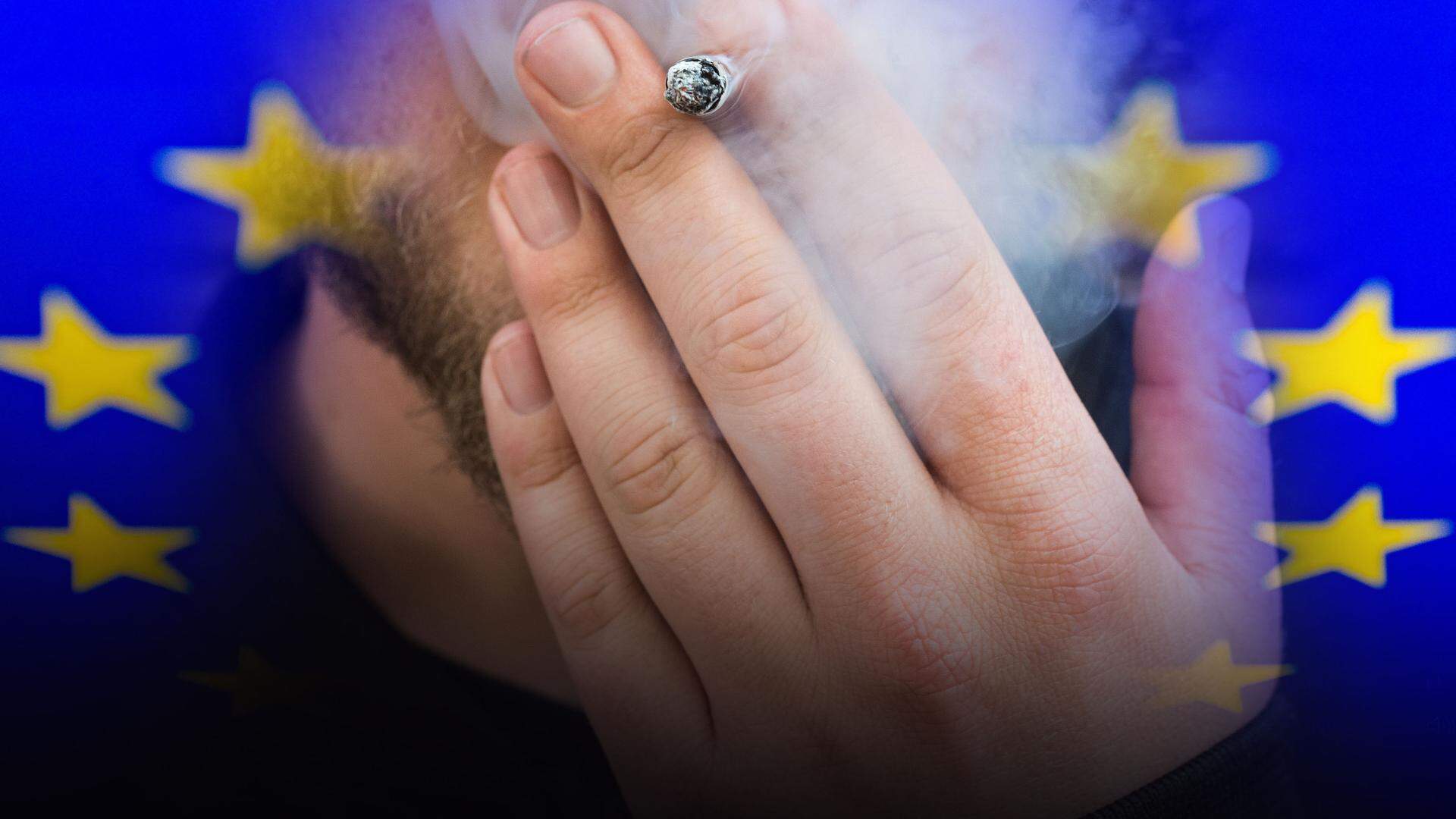The European Union's current multiannual budget amounts to €1.2 trillion. Brussels therefore wants hundreds of billions more for the period after 2028.
EU leader Ursula von der Leyen calls it the"most ambitious budget ever." The European Commission President wants to allocate significantly more funding for defense and the economy."We want to triple the budget for border control and migration," Von der Leyen said.
The Commission wants to merge numerous existing funds and create new multi-billion euro pots. For example, there should be an industry fund of over €400 billion and a crisis fund of €400 billion. Less money will actually go to agriculture.
Furthermore, Brussels must start repaying the loan for the controversial corona recovery fund, which amounts to up to 30 billion euros per year.
Significantly higher contributions expected for the Netherlands
The Netherlands is expected to have to pay significantly more money to Brussels to foot the bill for all the expensive requests.
In recent years, EU member states have paid 1.1 percent of their gross national income to Brussels, which will increase to over 1.26 percent from 2028 onwards.
New EU taxes and loans
In addition, the European Commission wants to introduce an EU tax on large corporations and on tobacco. Brussels also wants to establish new EU loans to lend to member states: up to €150 billion for"EU purposes."
Money hunger in Brussels: EU tobacco tax in the making

In the coming years, EU member states will negotiate with Brussels on a final budget for the period 2028-2034. The cabinet can veto this.
Fierce reaction from VVD minister Heinen
Caretaker Minister Eelco Heinen (Finance) reacted strongly to Brussels' proposal: "Europe is important for our prosperity, but the proposed budget is really too high."
The VVD minister believes the Commission needs to make more decisive choices: "The discussion shouldn't always be about how the EU can spend more, but about how the money can be spent more effectively. The Netherlands already contributes a great deal financially to Europe."
Heinen sees no point in new common debts. The proposed EU corporate tax, he says, is not an option at this time:"We want to see how the budget can be reduced. That's where it all starts."
Mixed reactions in the European Parliament
Dutch MEPs have mixed feelings about Brussels' financial demands. The European Parliament will ultimately have to decide on the final EU budget.
"We don't need a bigger budget, but a budget that makes Europe stronger," responded VVD member Anouk van Brug. The liberal criticized the plan for an EU tax on companies with a turnover of 100 million euros:"This will drive companies away."
D66, on the other hand, wants a larger budget of up to €4 trillion. Member of the European Parliament Gerben-Jan Gerbrandy would prefer everything to be fully financed by the EU:"The transfer circus only creates division and quibbles. We can achieve several things better and faster at the European level. So let's meet the NATO standard at the European level, not every man for himself."
BBB member Sander Smit opposes a substantial increase in the budget and EU taxes: "Spending even more money isn't a magic bullet either: the high-tech sector, indispensable in the global race for artificial intelligence, isn't so much asking for more EU subsidies, but rather for legal certainty, a capital markets union, and the reduction of restrictive bureaucracy."
The SGP wants a frugal EU budget. Member of the European Parliament Bert-Jan Ruissen acknowledges that there are many international challenges,"But the funds don't all have to come from the EU budget. It's often much more efficient to channel them through national budgets. And don't forget the importance of private investment."
The PVV (Party for Freedom) has announced its opposition to the plans: "It's unacceptable. The EU must make do with a smaller and more effective budget."
Labour Party (PvdA) Member of the European Parliament Mohammed Chahim sees many positive elements in the budget proposal. He points to the introduction of more EU taxes, green conditions, an expansion of the social budget, and strict rules for member states that flout the rule of law.

